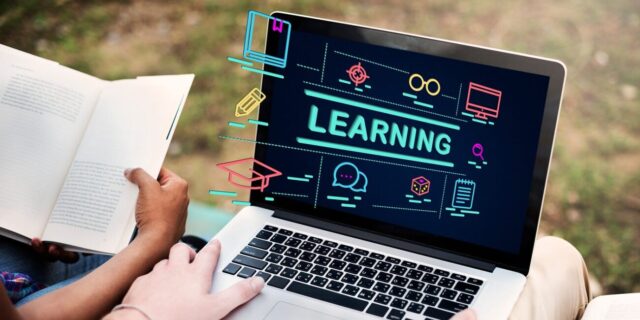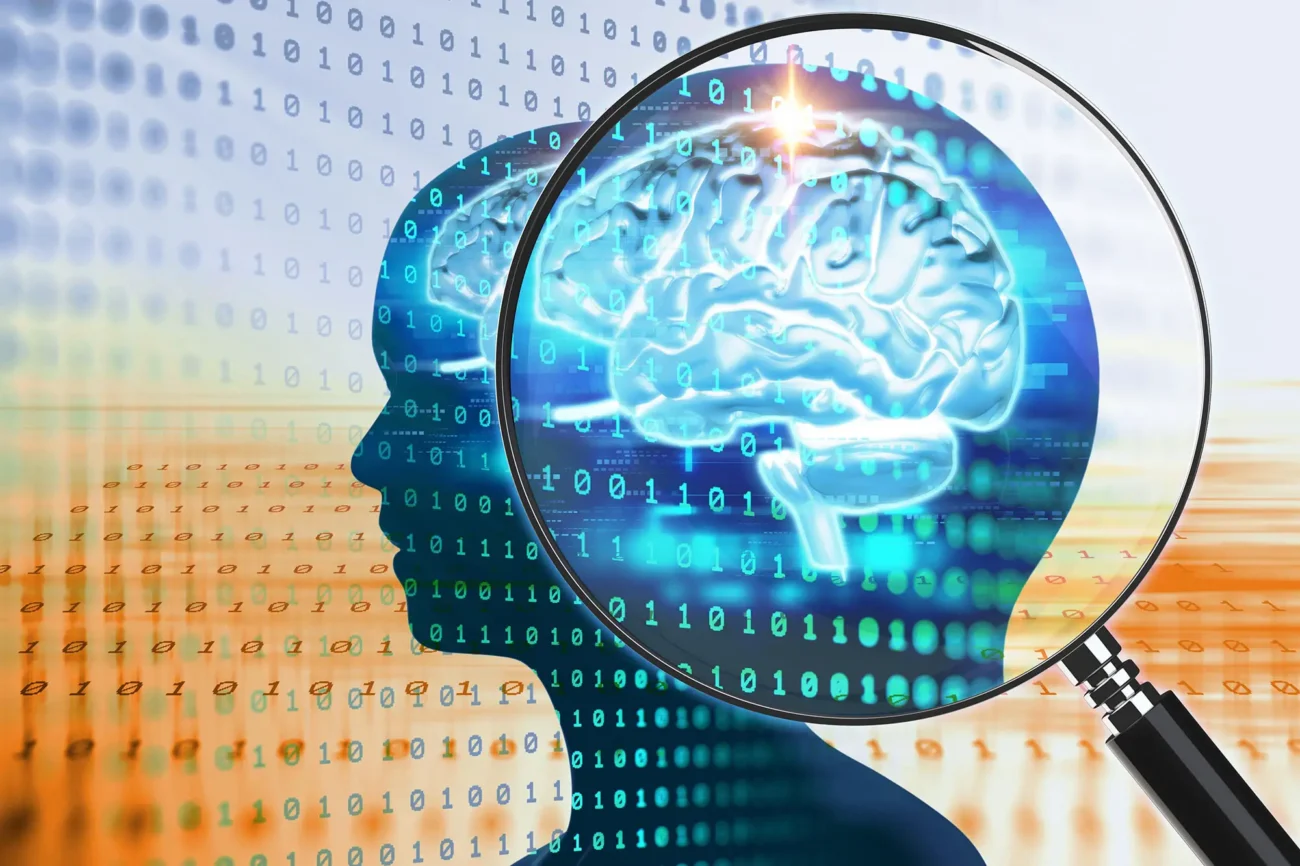
In an era defined by rapid technological advancement and perpetual information influx, the ability to learn swiftly isn’t just advantageous—it’s essential. Traditional learning approaches, while systematic, often lack the efficiency required for today’s brisk pace.
Picture long hours of rote memorization or meandering lectures: they simply can’t match the demands of our contemporary world. Hence, there’s a burgeoning need to reevaluate and optimize our learning strategies, ensuring not only speed but also efficacy.
Understanding How the Brain Learns
At the heart of rapid learning is our brain, a marvel of nature. The intricate cognitive processes it engages in during studying and memory formation are astounding. Neural plasticity, or the brain’s ability to reorganize itself by forming new neural connections, is foundational to rapid learning.
The more you learn, the more adaptable your brain becomes. Moreover, neurotransmitters like dopamine play a significant role. Think of them as the brain’s ‘reward chemicals’. When you grasp a new concept, dopamine is released, motivating you to continue your studying journey.

Effective Learning Techniques
To truly harness the power of rapid learning, one must delve into techniques proven to expedite understanding and retention. Active learning strategies stand out in this regard:
- Spaced repetition ─ Instead of cramming, review information at increasing intervals.
- Retrieval practice ─ Test yourself regularly to reinforce memories.
- Interleaved learning ─ Study multiple subjects or topics in one session rather than focusing on one.
Additionally, never underestimate the power of visual aids. Infographics, diagrams, and mind maps can significantly boost comprehension and recall.
The Power of Metacognition
Metacognition, or ‘thinking about thinking’, serves as a game-changer in rapid learning. It’s about becoming conscious of your own studying process. By cultivating an awareness of what you excel in and areas needing improvement, you’re better equipped to tailor your strategies. Self-testing gauges your progress while self-explanation reinforces the ‘why’ behind concepts. The adage, “Know Thyself” has never been more apt.

Optimal Study Environment and Habits
Beyond techniques, your external environment profoundly affects your studying speed. A space with optimal lighting, controlled noise levels, and organization can markedly elevate your productivity.
Yet, one shouldn’t overlook holistic health. Sufficient sleep, nutritious food, and regular exercise are paramount.
Why?
Because a well-rested, nourished, and active body houses a more alert and receptive mind. To top it off, employ time management tools like the Pomodoro Technique, where you work intensely for short bursts with breaks in between, keeping distractions at bay and maintaining focus.
Leveraging Technology for Quick Learning
In this digital age, myriad tools are at your disposal to expedite learning. Online courses offer flexibility, quizzes such as Gizmo, educational apps make learning portable, and interactive platforms cater to diverse studying needs.
Yet, a word of caution: the vast ocean of information online is both a boon and a curse. Avoid drowning in information overload. Be selective, discerning, and purposeful in your tech usage.
Personalizing Learning for Speed and Retention
Lastly, remember that learning isn’t one-size-fits-all. Embrace personalized approaches. Recognize your studying style—be it auditory, visual, or kinesthetic—and adapt techniques to suit. While speed is enticing, balance is key. Couple rapid learning with deep understanding to ensure not just fleeting memories, but lifelong retention.







